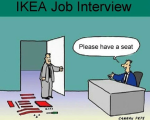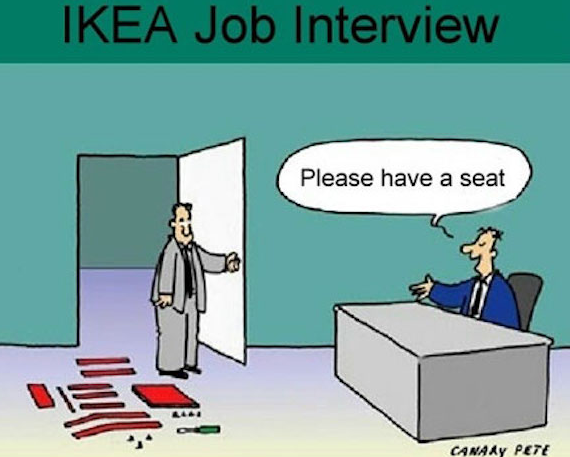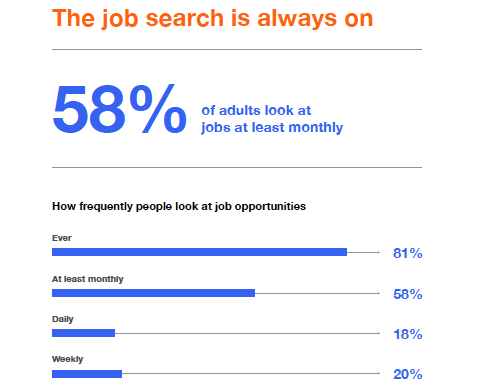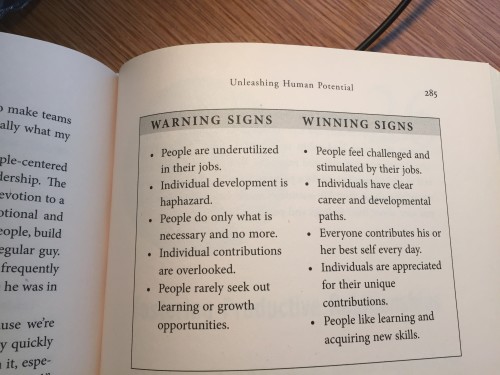Why Your Talent Is Leaving


With new technologies emerging every year, one can argue that the job search never really ends. Human beings are always looking for the shinier object or something new, better, and more fulfilling. With new technologies growing exponentially, paired with how easily available it has become to access such technology, it is now increasingly easier for job seekers to switch careers and find opportunities elsewhere and rapidly!
Numbers don’t lie:

According to a research report published by Indeed, 71% of people are actively looking or open to a new job and 65% of people start looking for new jobs within 91 days of being hired. For me, this doesn’t come as too much of a surprise. On our side of the business here at RZ, candidates looking for new and better opportunities (in the restaurant, hotel or food industry) bombard us with resumes daily, seeking an upgrade or switch of career. The search truly never ends.
So what does this mean?
The point I’m trying to get across here is that people play musical chairs, and this can make for a very challenging hiring environment! With more technologies coming out focused on job-seekers (apps, websites, etc.), I can see this trend continuing and expanding in the following years. Which is why staying up to speed with the right recruiting resources and adapting to these job trends becomes extremely critical. But that’s only part of the equation.
Many companies get stuck in the old way of doing things. Some don’t see a good reason to dedicate resources to new technologies or spend time understanding them. They don’t access larger focused candidate pools, and instead end up attracting mediocre candidates to their companies and continue to run into the same problems (e.g. low retention, unsatisfied employees, bad hires, etc.).
Rather than attracting better candidates, who are more loyal and valuable to the company, the opposite tends to occur more frequently than not. One instance where this happens comes down to even the simple things like job-advertisement copy:
- Think about poorly written job advertisements, for example. These can be more detrimental to your hiring efforts than you think. If you spend very little effort, and produce a dull job ad you’ll attract dull candidates. Job advertisements are a form of marketing; they must be captivating (AIDA), and interesting to read. They must intrigue your reader, and elicit an emotional response to apply for the job. At RZ we recently ran a test between two forms of job advertisements on the same job board, for a role we were hiring for.
- Job Advertisement #1: This was a rushed piece of work; we didn’t spend enough time on the copy and it was pretty boring to read. We did not think about our culture, and other elements that impact a job seekers decision-making patterns.
- Job Advertisement #2: We actually spent more time thinking about our culture, and adding more energy & time into the copy of this advertisement. Results were dramatic, we attracted over 50% more candidates and of higher-quality.
We know this is a tech related job ad. However, for the most part job seekers typically react the same to well and poorly written job advertisements (which is even why RZ is investing in resources to help employers with job-ad copy)!
We’ve seen our clients (of HR team’s) spend careful thought and time developing an ad, making it marketable and giving the audience insights into the organization. A lot of this comes back to the company culture and what you are actually offering job-seekers besides pay. Job seekers are looking for a lot more than a paycheck these days. I mean, take a look at the finance industry for example. Having personally spoken to many high level directors at prominent banks (and even having worked in the industry), they complain that employee retention is their #1 problem when attracting college graduates and entry-level talent. Many investment banks offer very large compensation programs but those hired tend to view the job as more of a stepping-stone, resulting in entry-level employees staying for only a measly year or two. How costly!
The articles below sheds some light on this – http://dealbook.nytimes.com/2014/01/10/wall-st-shock-take-a-day-off-even-a-sunday/
A book I recently read called Grounded, states that “today’s workers are younger, better educated, more mobile, and determined to have a full, rich life in which work is not a separate, boring enterprise but an activity that gives them meaning and value as individuals. They want to be engaged as people, and this means touching their hearts and minds. They need to be treated as individuals whose emotions are probably a bigger part of their internal lives than are their cognitive abilities.” Below are some “warning and winning signs” to keep in mind, for your reference:

So my suggestion is to, think about everything above. Consider this when hiring, and especially when marketing to new talent prospects (whether that’s through job ads or by whatever means). Get together with management and think about what you can offer employees more than just money. Develop effective job advertising and be open minded to new technologies to attract diverse levels of talent. Also, think about education, mentorship, career progression, finding out where employees’ true interests lie, and giving them the tools and inspiration to pursue their deep passions. Humans are emotional creatures at the end of the day, and want to feel part of something that resonates with them and gives them more meaning.
With technology moving at an increasingly faster pace, I don’t think this should be overlooked or taken too lightly. I mean…what’s stopping your next employee from hopping onto an app, finding a more engaging role and jumping ship? Last time I checked, it only takes a few seconds to begin your job-search right from the palm of your hand.
6546 total views, 1 today










